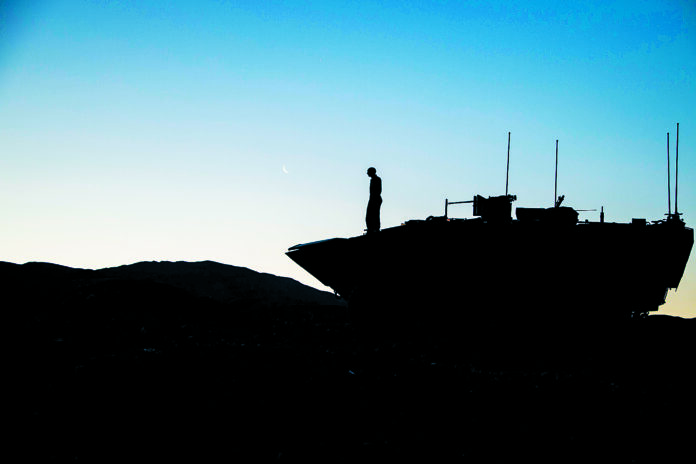
Memorial Day marks the unofficial start of summer, with thoughts of vacations, daytrips to the beach or a river, sports such as baseball, and grilling on the back porch.
Memorial Day has also become an occasion for crass commercialism. Merchants seek to convince us that shopping for a new car, a boat, a refrigerator or a swimsuit is an act of patriotism.
We do well to ponder the meaning of the holiday and treat it as more than just the last day of a long weekend. The holiday and the run-up to it should be a time to meditate on the sacrifices of those who have given us so much. It should also be a time to remember our fellow citizens who answered their country’s call to serve — and were abandoned on foreign fields because our leaders lacked the character and resolve to recover them. In case you wonder what I mean, I refer to those Americans who became prisoners of war or missing in action in conflicts past, and whose fate remains unknown to this day.
We know — and there is evidence to prove it — that our government ignored its responsibility to bring home all of the Americans captured in the Korean and Vietnam wars, along with those lost in secret operations in the Cold War.
In 1996, CNN reported the following:
“Newly declassified documents suggest as many as 900 U.S. servicemen were left behind in North Korea after the United States and North Korea exchanged prisoners following the Korean War….
“The public didn’t know about those left behind, but it is clear that [President Dwight] Eisenhower did,” the network report continued.
The broadcast report also quoted Army Col. Philip Corso, who served on Eisenhower’s national security staff. Corso had seen the POW exchange in the summer of 1953 at Panmunjom, where the Korean War armistice was signed.
“Our own boys told me there were sick and wounded American boys not 10 miles from the camp, and they were not exchanged,” Corso said.
To be clear, these Americans were not the infamous turncoats who chose to live with their Communist captors.
The story of the abandonment of living U.S. POWs was repeated in Southeast Asia 20 years later. Hundreds, maybe thousands, were simply considered expendable, not worth the effort to locate, negotiate and repatriate.
Even former U.S. Sen. John Kerry, who was on the Senate Select Committee on POW/MIA Affairs, concluded his comrades-in-arms had been betrayed.
“There is evidence that some people were absolutely left behind,” Kerry said at a committee hearing June 24, 1992. “And it is sufficient to contradict official statements made then and repeated for two decades.”
While the Pentagon’s Defense Prisoner of War/Missing in Action Office goes out of its way to recover bones or dog tags of GIs long deceased, little if any effort is given to determining if any — even one American — are still alive and waiting to come home.
Come Memorial Day, take a moment and remember your fellow Americans lost in foreign lands. I cannot forget a billboard outside the old McCoy Air Force Base in Orlando in 1971. Beside a picture of a POW in a cell was the message: “Suppose this man were your brother — WELL, HE IS!”
— al@beacononlinenews.com